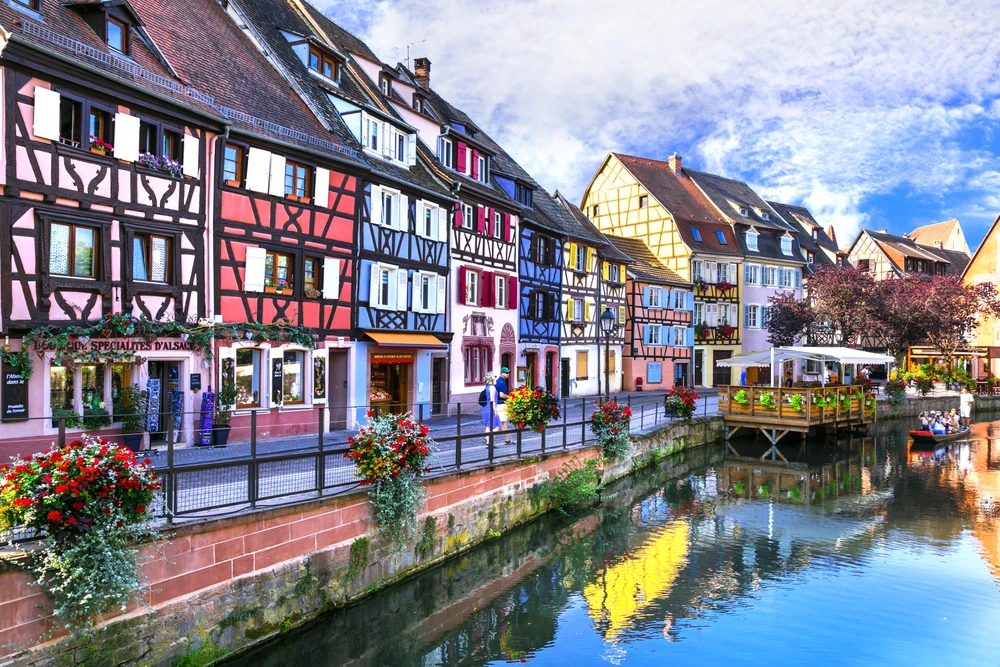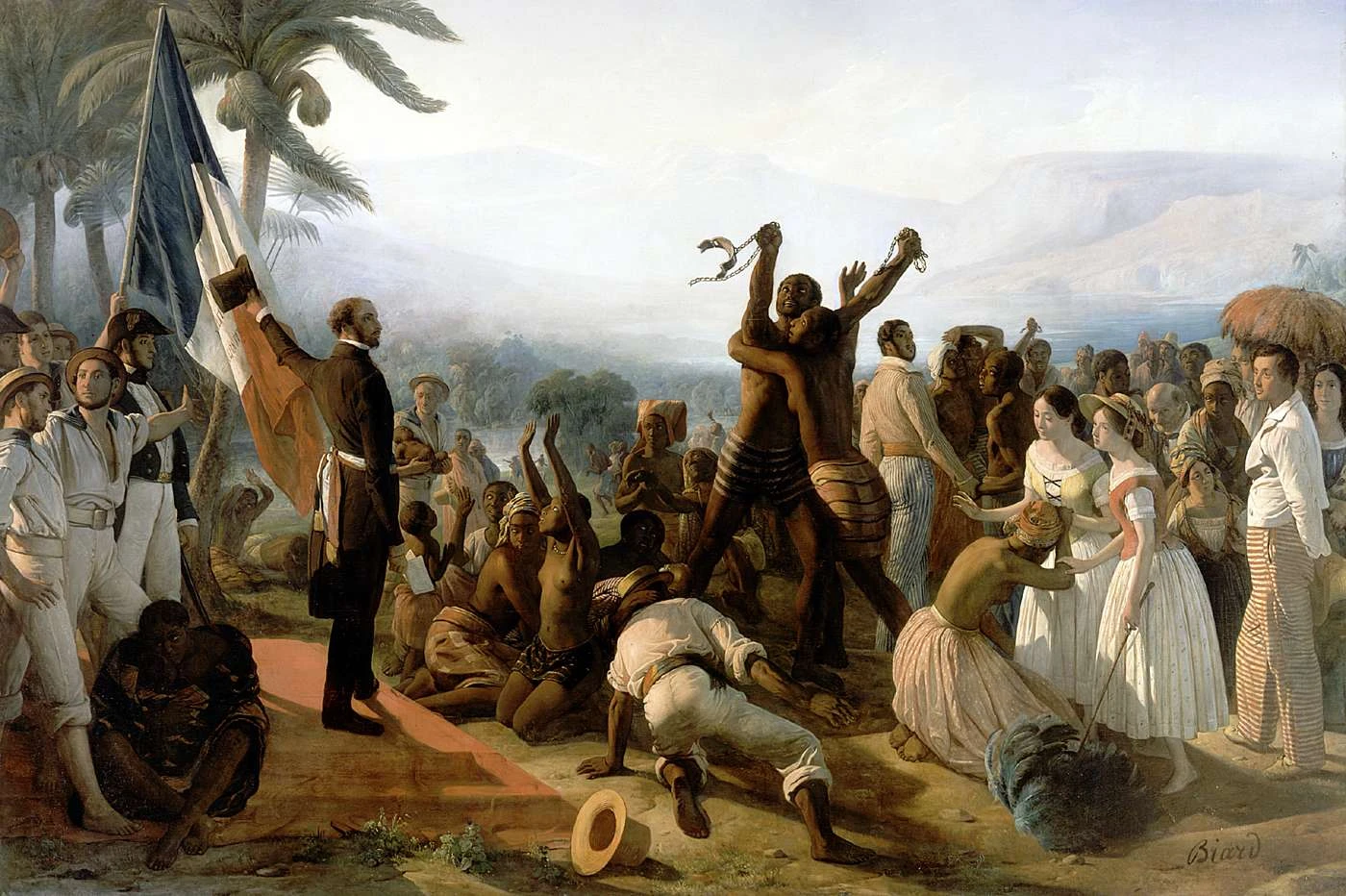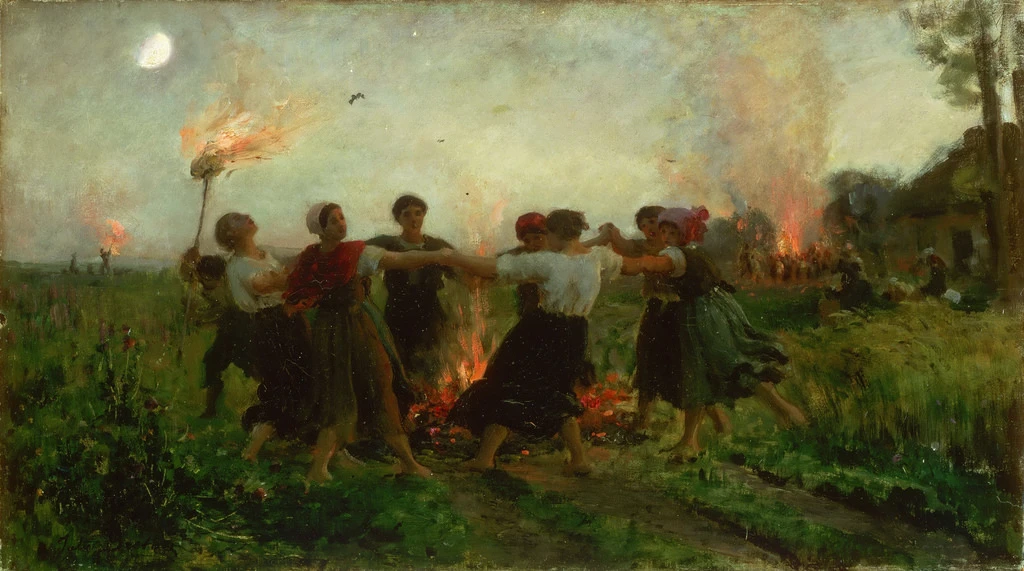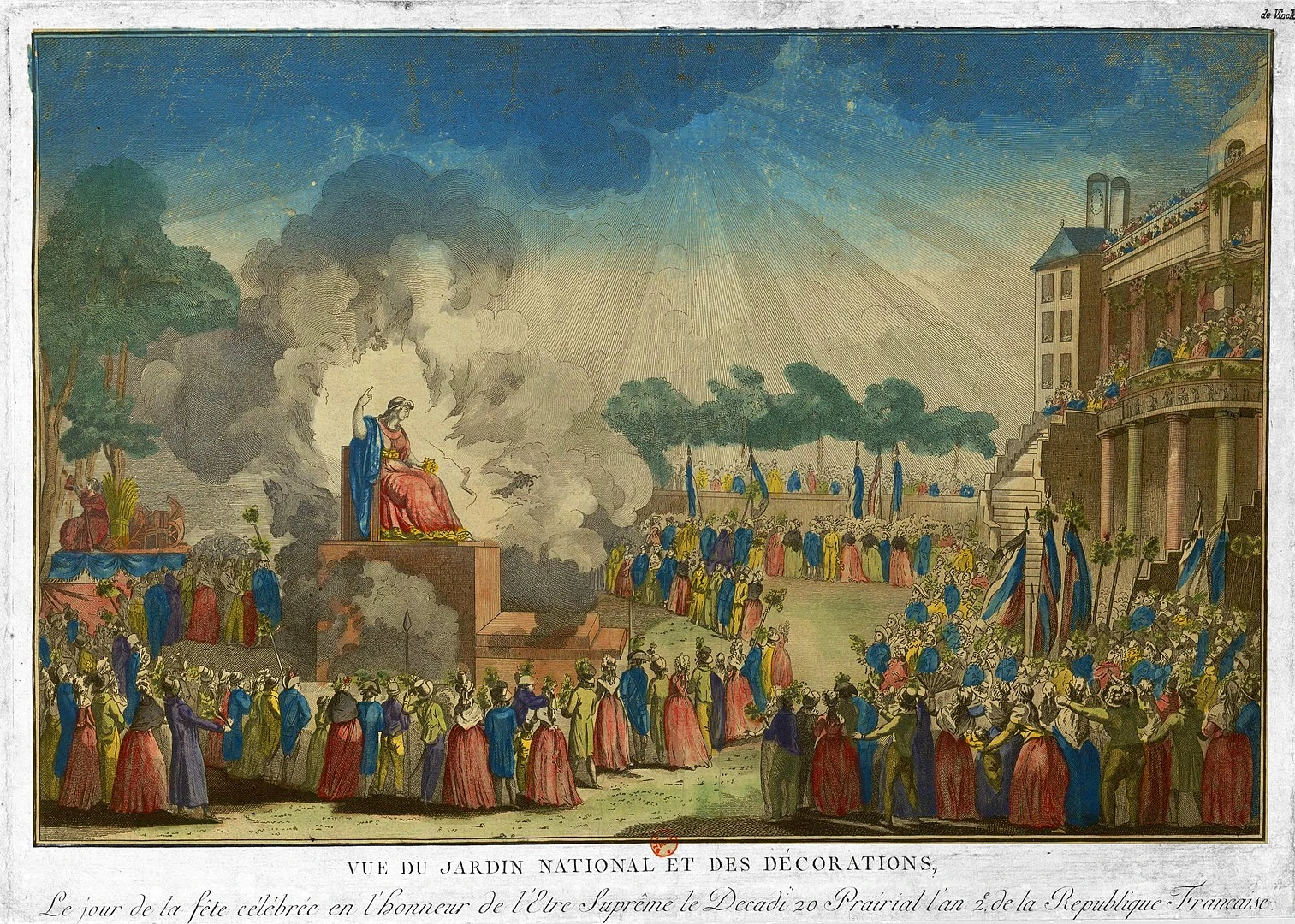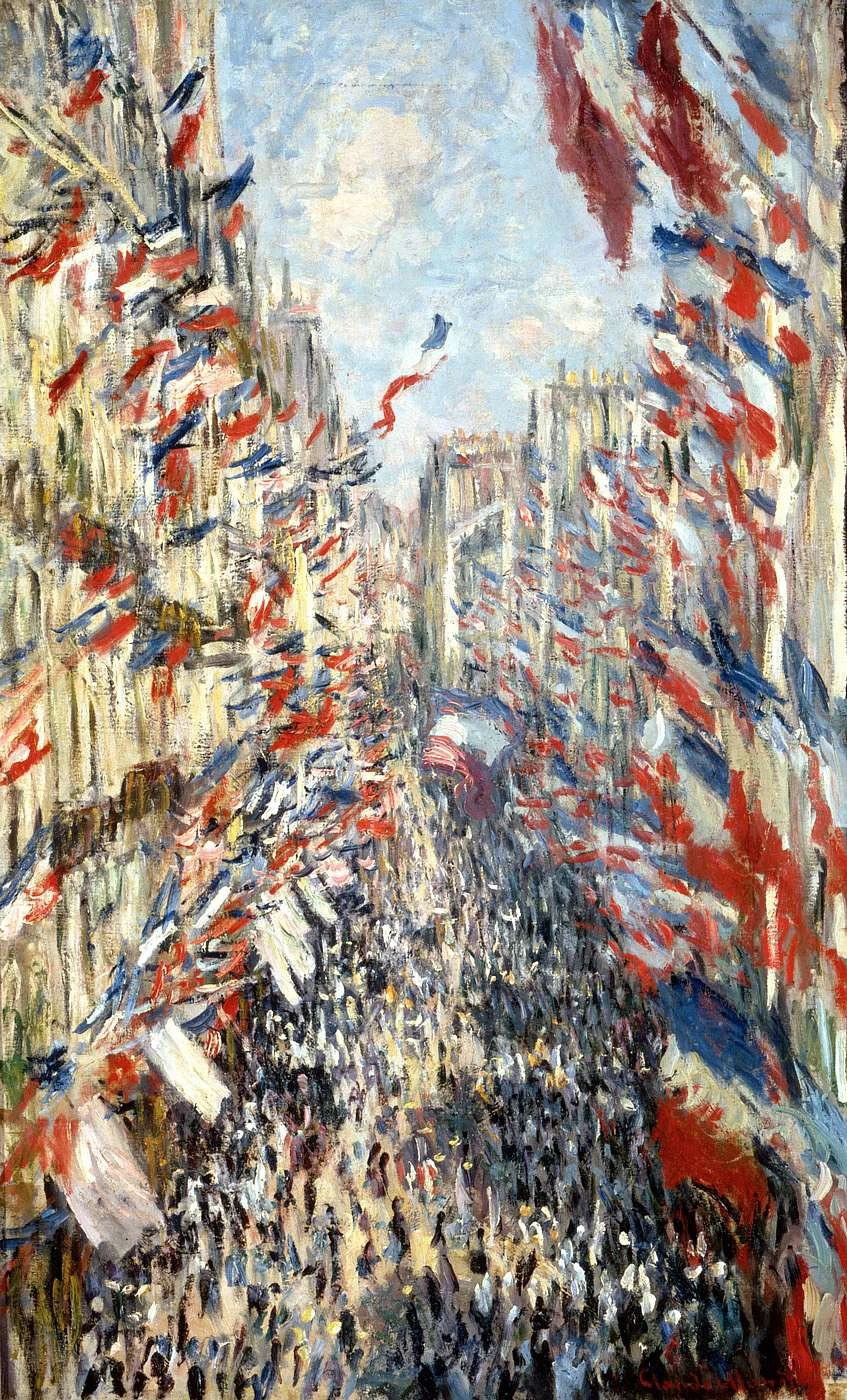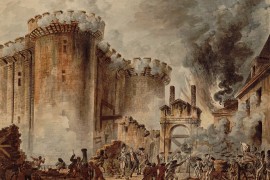What are the public holidays in France?
In order of arrival in the year:
In January: January 1
March or April:Easter Monday (date varies)
May: May 1(Labor Day), May 8 (end of WWII),Ascension Thursday(date variable), Pentecost Monday(date variable)
June: Whit Monday (variable date)
July: July 14 (Bastille Day)
August: August 15 (Assumption)
November: November 1 (All Saints' Day), November 11 (Armistice 1918)
December: December 25 (Christmas)
Many French people study the calendar every year to find out about public holidays and to place days off before or after them, which allows them to "bridge the gap" and have a little vacation period. Photo chosen by monsieurdefrance: serezniy via depositphotos.
Public holidays in Alsace and Moselle:
March or April: Good Friday (variable date)
December: Saint Etienne (December 26)
These days were public holidays during the period when Alsace (Haut-Rhin and Bas-Rhin) and Moselle were annexed by Germany between 1871 and 1918. When the 3 departments of Alsace-Lorraine returned to the mother country in 1918, what is known as local law was maintained, with specific features including these 2 public holidays, which are still relevant today;
In Alsace and part of Lorraine, there are 2 additional public holidays. Photo chosen by monsieurdefrance.com: Maugli via dépositphotos)
Public holidays in overseas France
In overseas France, public holidays are sometimes different from or additional to those in mainland France. In particular, the abolition of slavery in 1848 is commemorated. Here they are:
Guadeloupe
Mi-Carême Thursday
Abolition of slavery: May 27
Guyane
Abolition of slavery June 10
Martinique
Mi-Carême Thursday (between Ash Wednesday and Easter)
Abolition of slavery on May 22
Mayotte
Abolition of slavery: April 27
Abolition of slavery in the French colonies. Painting by François-Auguste BIARD (1849) Source de Monsieurdefrance.com : wikicommons via Wikipedia.
New Caledonia
Citizenship Day on September 24
French Polynesia
Arrival of the Gospel (Protestants) March 5
Good Friday
Independence Day on June 29 (moved to November 20 in 2025)
La Réunion
Reunion Day of Freedom / Abolition of slavery: December 20
Saint Barthélémy
Good Friday
Abolition of slavery on October 9
Saint Martin
Carnival
Good Friday
Abolition of slavery on May 28
Wallis and Futuna
Saint Pierre Chanel on April 28
Territorial holiday on July 29
(it is possible to check the public holidays and find out the date each year onthe official government website).
Wallis Hihifo airport on the territory of Wallis and Futuna. Photo chosen by monsieurdefrance.com: sbonaime via depositphotos
Public holidays? Since when?
From the Middle Ages to the French Revolution
The feast of Saint John was particularly celebrated in days gone by. Here in Brittany. Painting by Jules Breton via Wikicommons.
I was going to say: since always! Public holidays are as old as the desire to celebrate an event, be it religious or otherwise. The Romans had 45 in the year. They weren't all days off, even less so for slaves, but they were days of collective celebration and commemoration. In France in the Middle Ages, feasts were religious and there were many of them. For example, Auvergne had 53 in the 15th century. A particular saint or religious event is celebrated. Guilds celebrated their patron saint. It should be noted that these non-working days were unpaid, resulting in a loss of income. Similarly, by not celebrating saints, Protestants were frowned upon by many Catholics, who didn't want to see the many public holidays in the 16th century calendar abolished. The French Revolution, in abolishing everything to do with the Catholic religion, also abolished religious holidays. It set up its own celebrations at the same time as the Revolutionary Calendar (which has 10-day weeks, with Year 1 being the year of the Republic's birth in 1792). The Supreme Being, for example, is celebrated. Napoléon re-established religious holidays and, to Assumption, traditionally celebrated on this day, he added his birthday: August 15. Back in 1815, the kings of France established a national holiday more in line with their wishes: Saint Louis on August 25 under Louis XVIII, or Saint Charles under Charles X. Napoleon III, who came to power in 1852, reinstated August 15 as the national holiday in honor of Napoleon 1st;
The Feast of the Supreme Being in 1794 / Musée Carnavalet de Paris / BNF Gallica.fr
Public holidays changed, others were added.
The 19th century saw the installation of "legal" holidays, chosen by the State and valid throughout France. The Concordat with the Catholic Church, in 1802, saw the installation of 4 public holidays: Christmas, All Saints' Day, Assumption, Ascencion). In 1880, July 14 was added, now a national holiday.
July 14 in 1878 rue Montorgueil in Paris. Photo chosen by Monsieurdefrance via wikicommons.
In 1886, Easter Monday and Whit Monday were added (not to celebrate these holidays, which always fell on a Sunday, but to recuperate from the plantureux meals that accompanied them). November 11th has been a public holiday since the law of October 24, 1922. This was the case for May 8 at the end of the Second World War. May 1st has been a public holiday since the law of April 30, 1947. The 21st century has added other dates, mainly in overseas France to celebrate the end of slavery.


